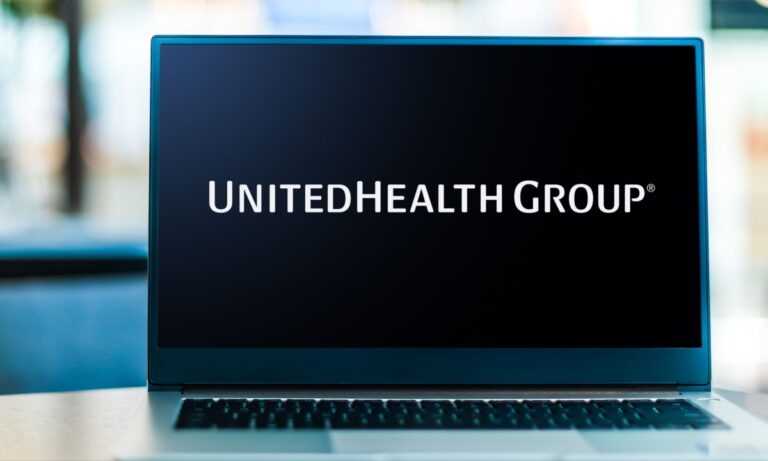In February, UnitedHealth Group’s Change Healthcare division was hit by a widespread cyberattack.
UnitedHealth executives said during a second-quarter earnings call on Tuesday (July 16) that the effects of the Change Healthcare attack are still being felt, that related costs have so far ballooned to more than $1 billion, and that the impact of the attack on UnitedHealth’s full-year profits is expected to exceed $2.3 billion.
Change provides technology used to submit insurance claims, and the attack disrupted payment and billing processing across the U.S. and industry observers considered it the worst cyberattack to hit the U.S. health care industry. UnitedHealth prioritized funding in the most recent quarter to help providers disrupted by the cyberattack, executives told investors.
The company said its second-quarter operating profit was $7.9 billion, a figure that included “an unfavorable impact of $1.1 billion from the cyberattack.”
Yet despite the risks exposed by the Change Healthcare breach, UnitedHealth emphasized on a conference call Tuesday that it remains committed to and investing in the opportunities presented by the ongoing digital transformation of connected healthcare.
“United aims to help reduce the fragmentation and lack of standardization within the health care industry that contributes to rising costs,” said UnitedHealth Group CEO Andrew Whitty. “We expect technological innovation to become an increasingly important driver of growth in the coming years.”
read moreUnitedHealth ‘investigating’ cause of cyberattack
Healthcare sector embraces digital innovation as growth driver
UnitedHealth has restored the majority of affected Change Healthcare services and is continuing to provide financial assistance with more than $9 billion in upfront funding and interest-free loans to help remaining care providers in need.
The number of consumers served domestically using the company’s commercial services so far this year increased by 2.3 million to 29.6 million, according to the company’s earnings report, and UnitedHealth’s second-quarter 2024 revenue increased by nearly $6 billion to $98.9 billion, driven by strong growth in domestic service subscriber numbers at Optum and UnitedHealthcare.
Operating income was $4.0 billion; adjusted operating income was $4.4 billion.
“The diverse and sustainable growth across UnitedHealth Group, born out of the efforts of our colleagues committed to providing high-quality, affordable health care to the people we serve, positions us well for both the near and long term,” Whitty said.
“Investments in the latest technology will enable advancements in consumer-centric healthcare,” Whitty added.
UnitedHealth’s claims payout days were 45.2 days in the most recent quarter, compared with 47.1 days in the first quarter of 2024 and 48.2 days in the second quarter of 2023. Of this, claims payout days decreased from the first quarter due to a return to more normal claim submission patterns from providers and a lesser impact from measures in South America, UnitedHealth CFO John Rex told investors.
The number of claim days has decreased compared to the previous year due to accelerated claims payments to care providers, he added.
reference: 79% of consumers want to pay all their medical bills through a single digital platform
PYMNTS tracks the impact of artificial intelligence (AI) across healthcare operations and workflows, and PYMNTS Intelligence reveals that the generative AI healthcare market is projected to reach $22 billion by 2032, offering a range of possibilities for improving patient care, diagnostic accuracy and treatment outcomes.
UnitedHealth management also stressed to investors that the company sees AI as a key growth engine in its long-term roadmap.
“Our growing AI portfolio of practical use cases will generate billions of dollars in efficiencies over the next few years, enabling machines to do things much faster and more reliably than humans and find answers in complex datasets,” UnitedHealth CEO Whitty said, noting that AI means “a fundamental rethinking of business processes.”
CFO Rex added that the impact of digitalization and AI has led the company to “reducing onboarding costs by 9%.”
As PYMNTS’ Karen Webster wrote earlier this year, AI’s greatest potential lies in creating the knowledge base needed to give every worker in every industry the tools to deliver consistent, high-quality service quickly and at scale. This is especially true in healthcare, where customizing AI solutions by industry is increasingly proving to be the key to scalability.


